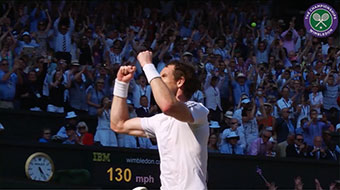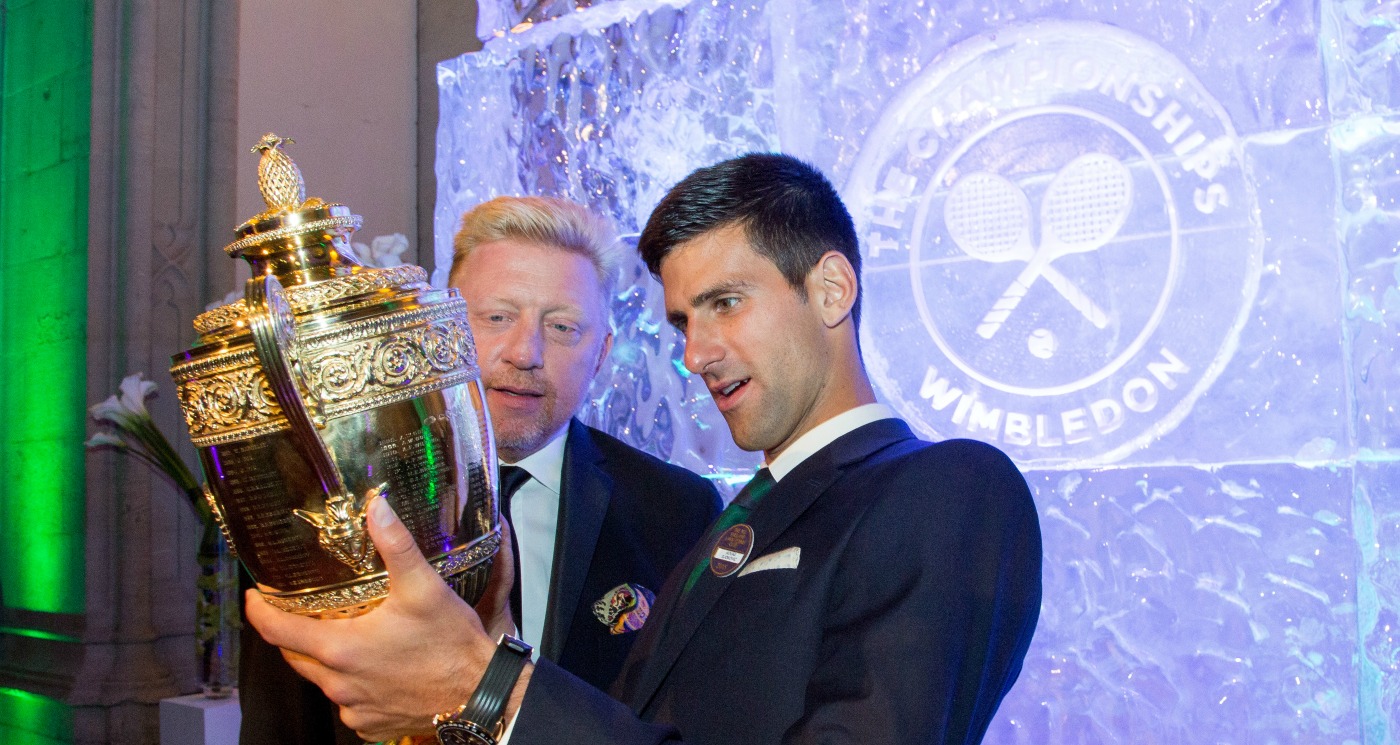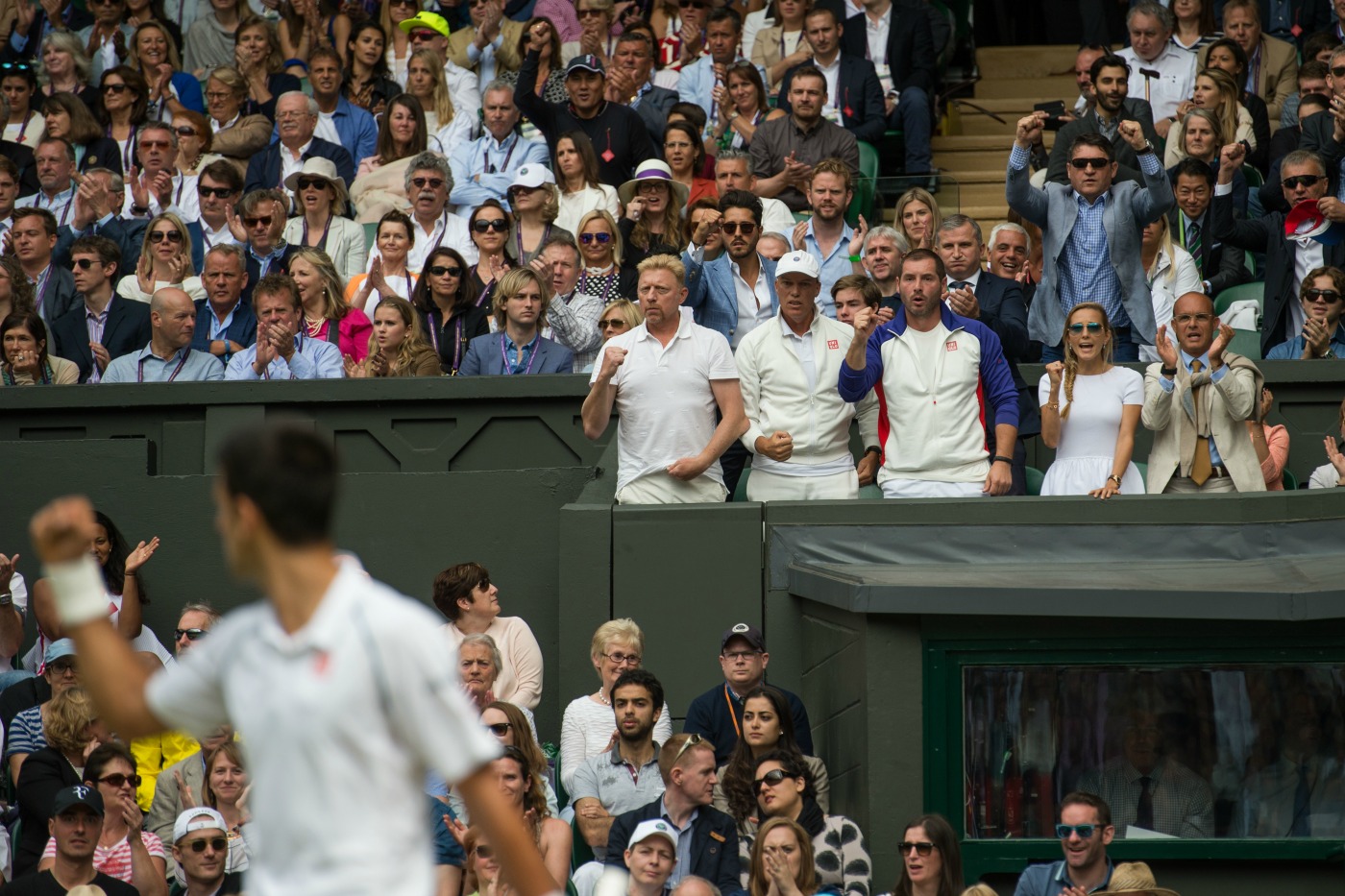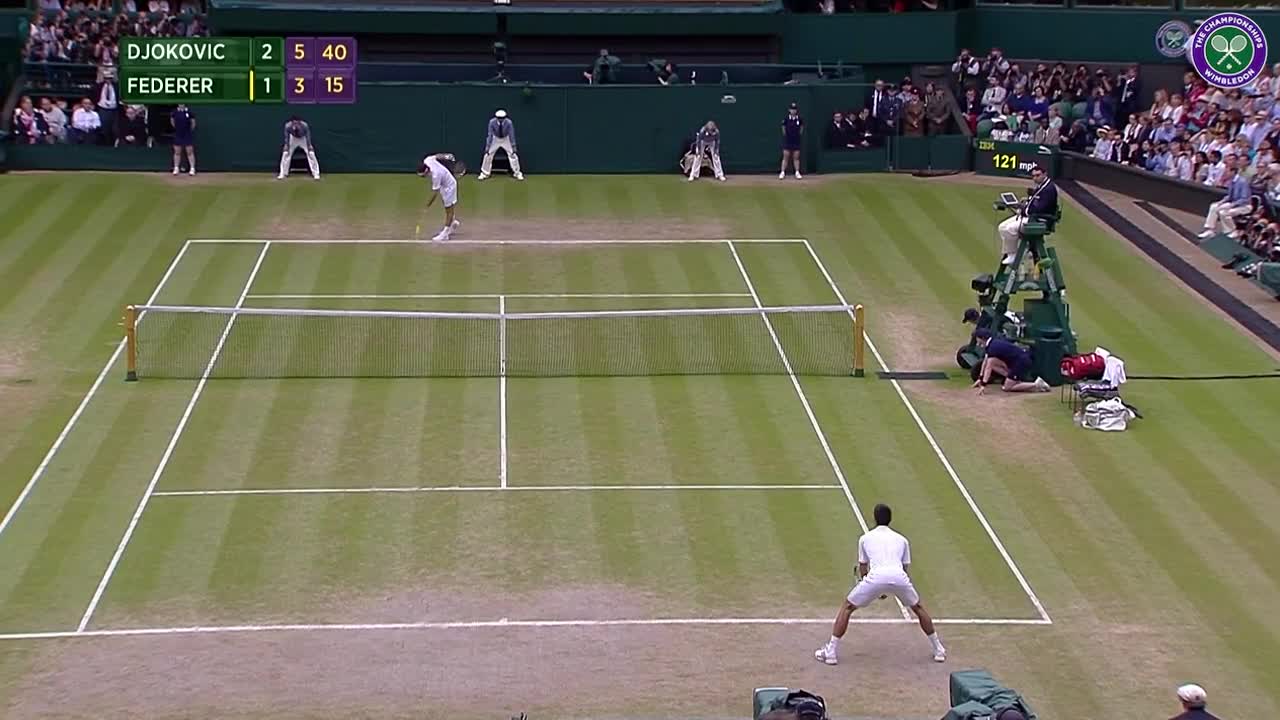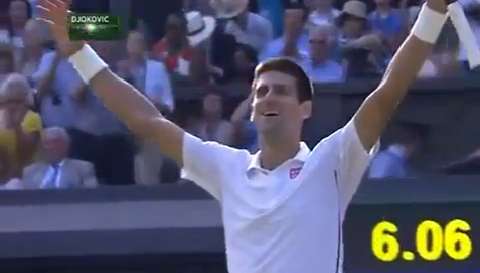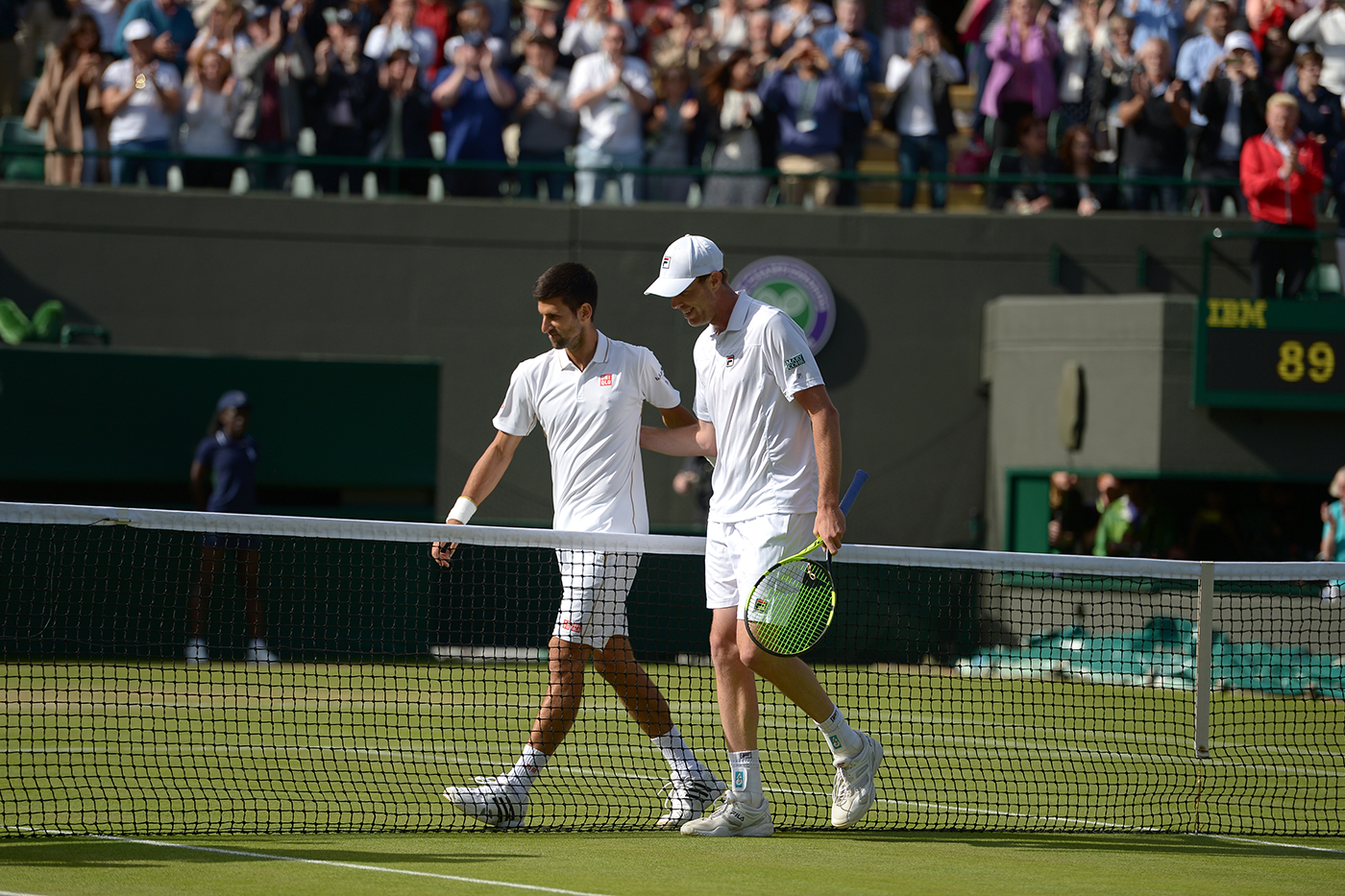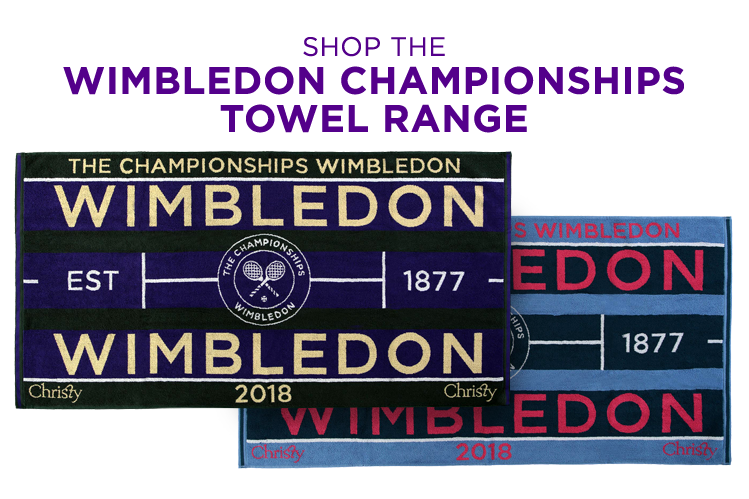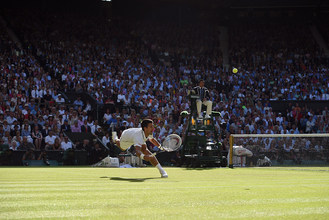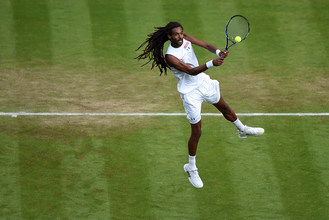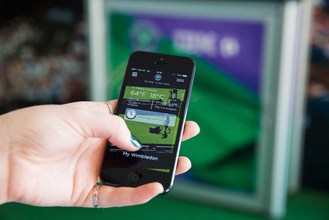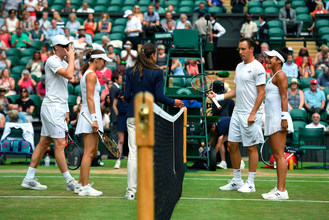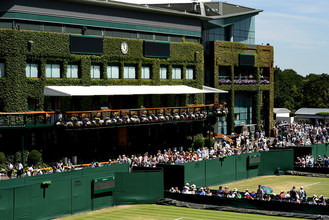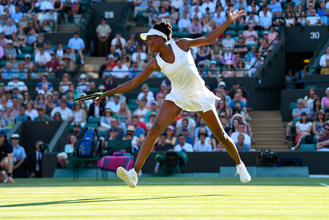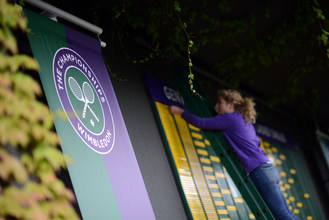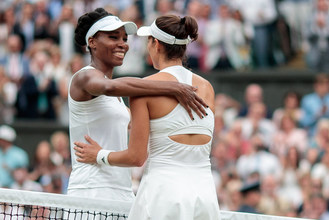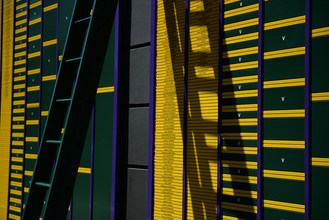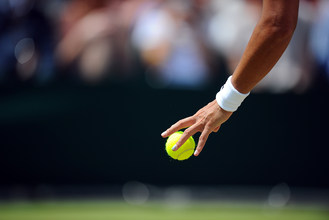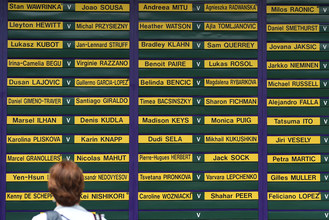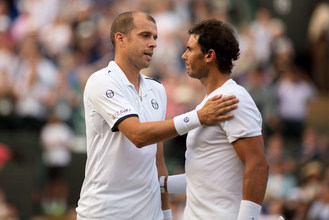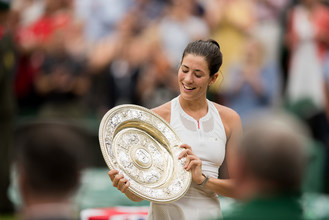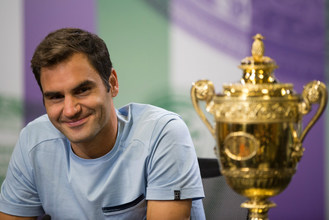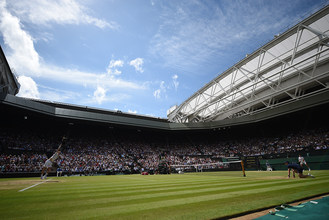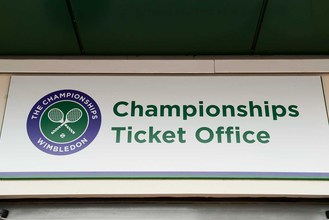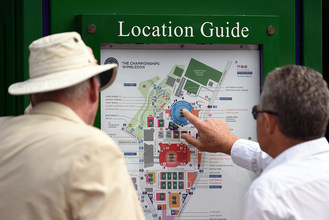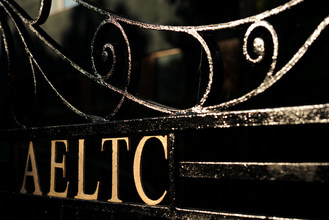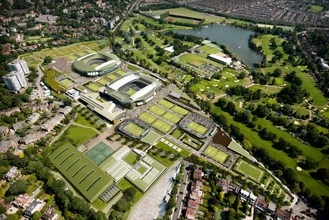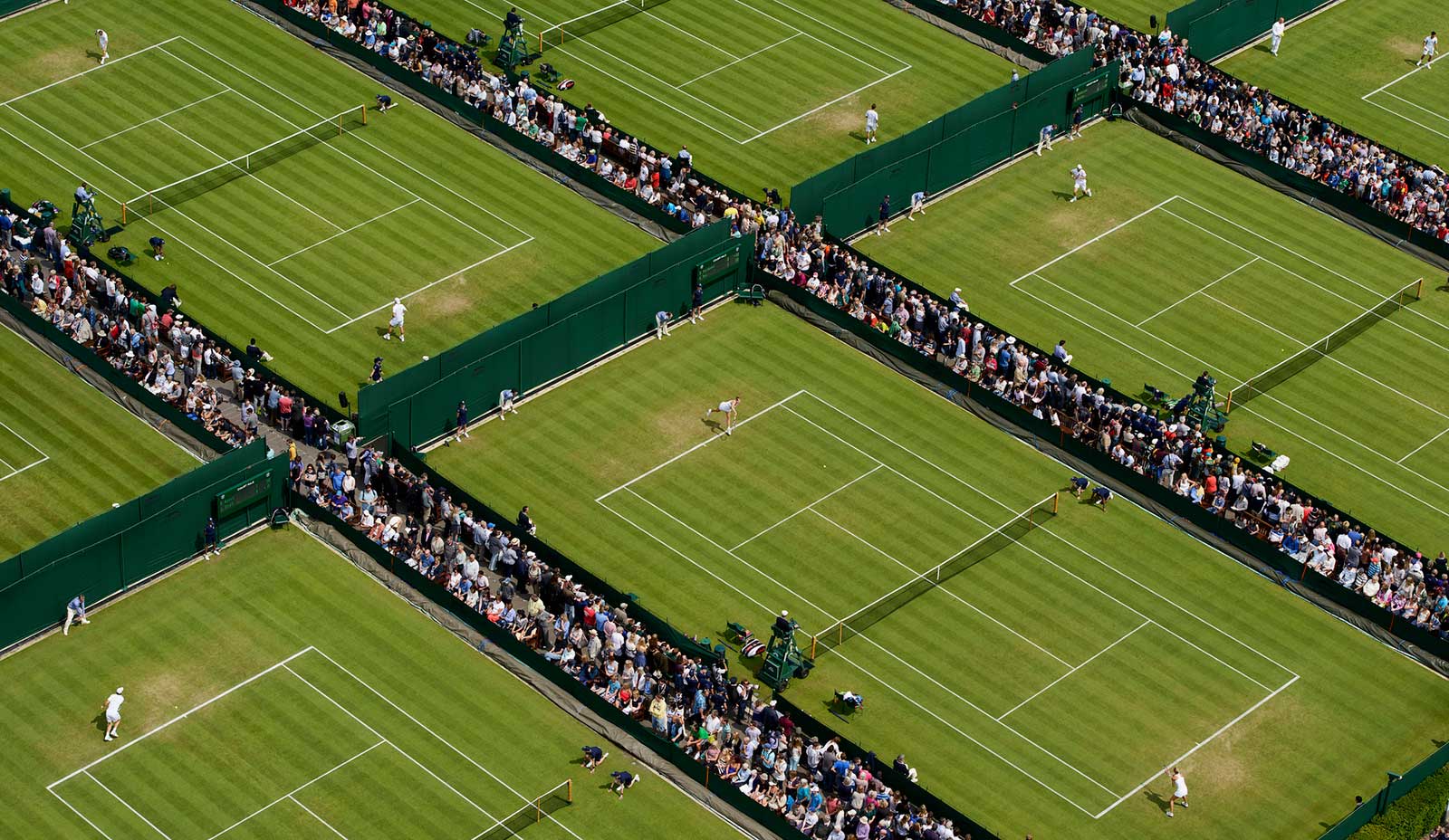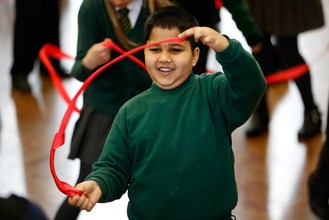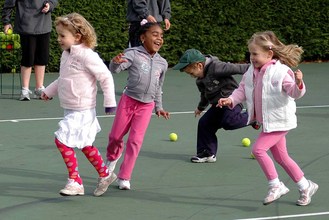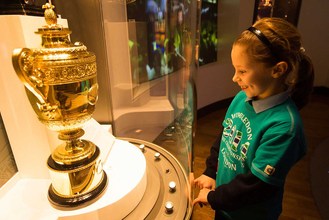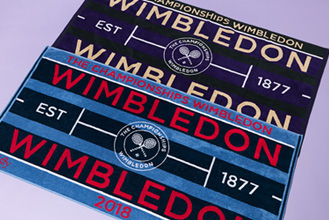When Novak Djokovic hired Boris Becker to be his coach in December 2013, he did it for a very specific reason. Becker wasn’t going to fine tune Djokovic’s technique or revamp his tactics or make him a more consistent competitor. Instead, he was going to prepare him to do something that happened, at most, four times each season: win a Grand Slam final.
It may be hard to remember now, but the 26-year-old Djokovic, despite being the game’s steadiest player, was struggling in the moments that mattered most. In 2012 and 2013, he reached five major finals and lost four of them. Three of those defeats came at the hands of Andy Murray and Rafael Nadal, players that Djokovic generally handled everywhere else. By the end of 2013, Nadal had also taken his No.1 ranking.
Djokovic needed a new approach to the big matches, so he went to a consummate big-match player. Becker’s record in major finals wasn’t perfect—he was 6-4—but the German, who leapt and shimmied his way to a Wimbledon title at age 17, was never known to back down from a fight, especially against his closest rivals. He had beaten Ivan Lendl in all three of their Slam finals, and owned a 25-10 career record against Stefan Edberg.
Many were skeptical. Becker had never coached at any level, and the man known as Boom Boom was nothing if not a headstrong character. How would he fit into the well-oiled winning machine that Djokovic had assembled? The answer, as we know now, was perfectly. Becker did just what Djokovic hoped he would do, and just what he had seen Ivan Lendl do for Murray the previous year. In both cases, a legendary coach transferred a little of his winning swagger to an unsure player.
With Becker, Djokovic won six of 12 majors, finished No.1 twice, and completed a long-delayed career Grand Slam by winning his first French Open. And those major finals Becker was hired to win? Djokovic triumphed in six of eight; oddly, the only problem he couldn’t solve was Stan Wawrinka. That glitch aside, Djokovic and Becker will go down as one of the most successful player-coach teams in history.
Yet that didn’t stop Djokovic from announcing the end of their partnership on Wednesday.
“The goals we set when we started working together have been completely fulfilled,” Djokovic said. “...my professional plans are now directed primarily to maintaining a good level of play, and to make a good schedule and new goals for the next season.”
Despite their success, the split wasn’t a surprise. Djokovic had hinted at it last month, and something clearly wasn’t working for him over the second half of 2016. After winning at Roland Garros, he went out early at Wimbledon and the Olympics and lost his No.1 ranking to Murray. Djokovic blamed personal issues, and said that he felt like he was putting too much pressure on himself. According to Becker, there were more fundamental reasons for Djokovic’s second-half decline.
The experience left Djokovic feeling as if he had no choice but to change his attitude toward his career. He talked about redefining what success meant to him, and not focusing on major titles or the No.1 ranking anymore. In 2016, that turned out to be a self-fulfilling prophecy; by November, he sounded as if he just wanted to get to the off-season. Splitting with his coach was one step in his career redefinition. Becker had long ago helped Djokovic solve his big-match problem. Now there are new problems ahead.
Whatever state Djokovic’s head is in at the moment, from a physical standpoint the time is probably right for a change. He turned 29 in 2016, and while the sport has grown older recently, that age is still a Rubicon for top players. Before they turned 29, Federer and Nadal won 29 major titles combined; since turning 29, they’ve won one. If Djokovic is going to compete at a high level into his mid-30s, he’s probably going to have to go a little easier on his body and mind.
Can he do that and still dominate? That will be the next challenge. While Djokovic won’t have Becker by his side in 2017, he’ll still have his well-oiled winning machine, led by longtime coach Marian Vajda, in his box.
“I’m convinced,” Becker told Sky, “that he will come back and regain that No.1 position and regain being the most dominant player in his sport.”
Djokovic has been very successful at defending the No.1 position—he just did it for 122 straight weeks. But he’s certainly no stranger to chasing it. He spent his youth tracking down Federer and Nadal, and he eventually succeeded in passing them. If he can do it to those two guys, there’s no reason he can’t do it again.

